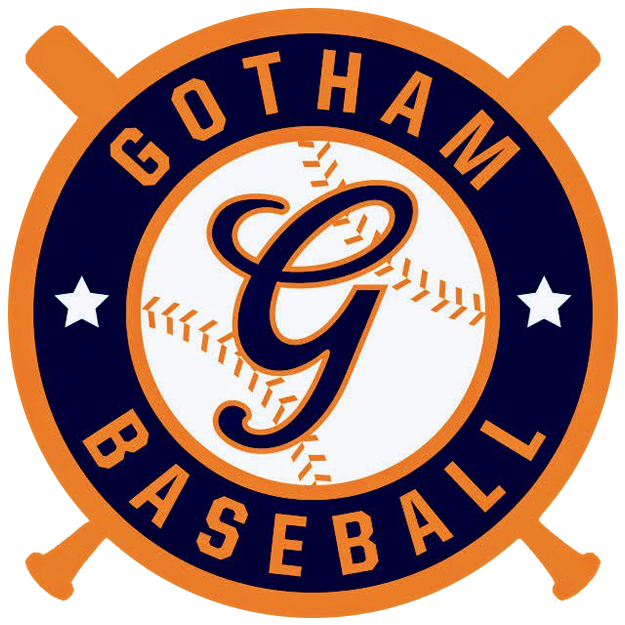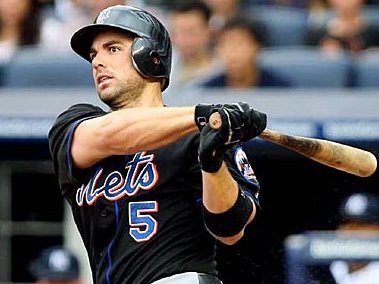I never appropriately appreciated David Wright during his career. When he first came up, I was enamored with what I thought he could be, then I took him for granted instead of being wowed by what he was, then I actually became frustrated with what he wasn’t, then after a slew of injuries I was angry at what he wouldn’t be, and only now as he is about to limp away from the game, have I finally taken a moment to recognize what he’s always been.
My hesitation with recognizing what David Wright meant to the team, even during the time he was meaning it, is not borne from nowhere. The Mets history with highly-touted minor leaguers is an awkward one. From Dan Norman, to Darryl Strawberry and Dwight Gooden, to Gregg Jefferies, to Generation K, and myriad others, all the way into the 21st century, the franchise has a history of burning kids out before they reach their seemingly All-Star or Hall of Fame potential. Sometimes it’s poor coaching, sometimes it’s poor off-the-field management, sometimes it’s just purely terrible luck. So I was never sure exactly what it would take for me to see when a homegrown Mets player was actually living up to the hype.
When the Mets clinched the NL East Championship in 2006, I was ready to buy into it. They weren’t a perfect team, but they had enough of the ingredients, and nearly 100 wins to make me a Ya Gotta Believer. At the core of this, there was Jose Reyes and there was David Wright. As you probably know, Reyes’ career went downhill steadily after he joined the Miami Marlins for the 2012 season. By the time he returned to the Mets in 2016, he brought with him a string of somewhat disappointing seasons and a domestic abuse charge that, while eventually dropped, has certainly clouded public opinion of him.
That 2012 season is also the last full season that David Wright will have ever played in the majors. From 2005-2010, Wright had 5 seasons with 100 RBI’s, 5 seasons with over 25 HRs, and 4 seasons with over 175 hits. A quick look at his stats from the 2007 and 2008 seasons shows that the team’s disastrous finishes to each year were in spite of him and not because of him.
Still though, that wasn’t enough for me, as he didn’t bring them their World Series victory. And while his late season return in 2015 provided some exciting moments, he only had so much to do with the Mets success that season. I had hoped he would be the Mets version of Derek Jeter, and he wasn’t. He also wasn’t Mike Schmidt, Brooks Robinson, George Brett, or Wade Boggs, and I had a hard time seeing past that. And as the K’s and double-plays piled up (he is the Mets all-time leader in each category), they became louder than the RBI’s, doubles, total bases, runs scored, walks, sacrifice flies, hits, and extra-base hits (he leads all-time Mets in each of those categories, as well). And then, when his body started to give up on him, no matter how hard he tried, I suppose I started to give up on him as well. And instead of seeing that he wasn’t any of those Hall of Fame third basemen that I mentioned earlier, I should have noticed that he had a lot of each of them in his game.
And now, we’re a week away from Wright re-joining the team for his last hurrah, a move that many understandably thought would never happen, a move he says is happening because his young daughters want to see him play in the majors, a move that will likely have no real impact on the season’s final standings, we get the opportunity to appreciate him. We can thank David Wright for his Mets records, for his heroics, for being more than a team captain, for being a player who represented the Mets and their fans with a level of class and dignity at a time when few others did.
Joni Mitchell surmised that it always seems to go that you don’t know what you’ve got ’til it’s gone. It’s been over 2 years since David Wright last played major league baseball, but he was never gone. And now, that he’s announced his plans for the final week of his career, we have the chance to know what we’ve got before it’s totally gone. And for that, and so much more, I’m thankful.

